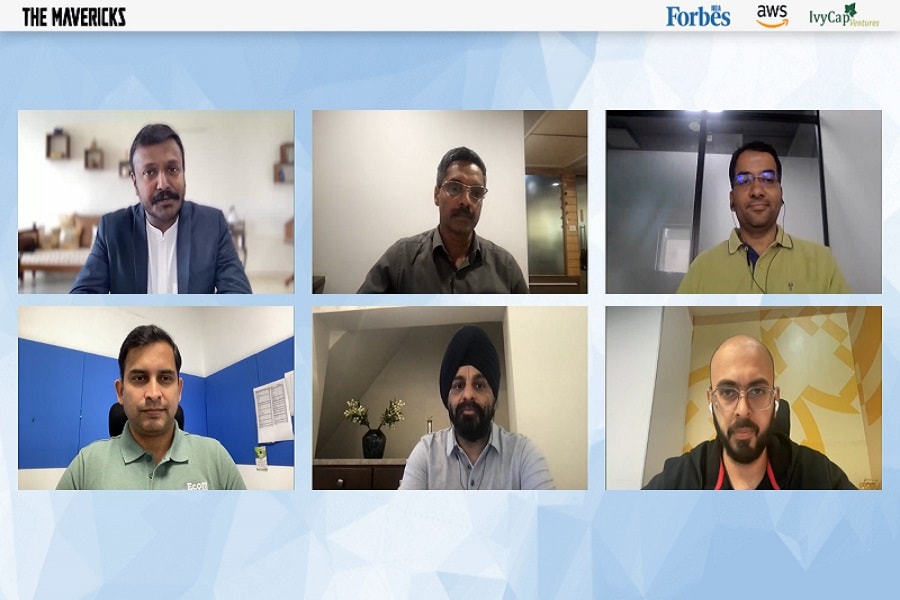
The changing trajectory of e-commerce in India
India's e-commerce market is expected to reach $350 billion by 2030, says a recent IBEF report. The Indian online grocery market is estimated to reach $18.2 billion in 2024, expanding at a CAGR of 57 per cent.
 India's e-commerce market is expected to reach $350 billion by 2030, says a recent IBEF report. The Indian online grocery market is estimated to reach $18.2 billion in 2024, expanding at a CAGR of 57 per cent.
India's e-commerce market is expected to reach $350 billion by 2030, says a recent IBEF report. The Indian online grocery market is estimated to reach $18.2 billion in 2024, expanding at a CAGR of 57 per cent.
In the recent edition of Forbes India’s collaboration with AWS, discussions were held around how COVID-19 has taken the share of e-commerce industries to greater heights and prevailing market challenges.
The top industry experts who accompanied our moderator, Mr Manu Balachandran, Assistant Editor at Forbes India for this conversation were Ramneek Khurana - Cofounder of Lenskart, GuruKirthi Gurnathan - Co-founder & CTO at CaratLane, Amit Chaudhary - CTO at Ecom Express, Mahesh Wandichalan- CTO at Book My Show, Satinder Singh- Head Solution Architect at AWS-DNB.
Here are the views of our mavericks giving grounds for this expected exponential growth. They will explain to us how this dynamic change in consumer behavior is based on the aftermath of COVID-19 and how digital tools will help businesses survive in this challenging e-commerce industry.
Transformed industry post-pandemic
Tackling the uncertainties pertaining to the pandemic was a phase of learning for every business. Adopting an online model, change in consumption patterns, lack of touch and feel experience for customers, and disruption in the supply chain were among the certain challenges. The businesses that were agile thrived, while others that couldn’t keep up with the volatility, suffered the brunt of it.




